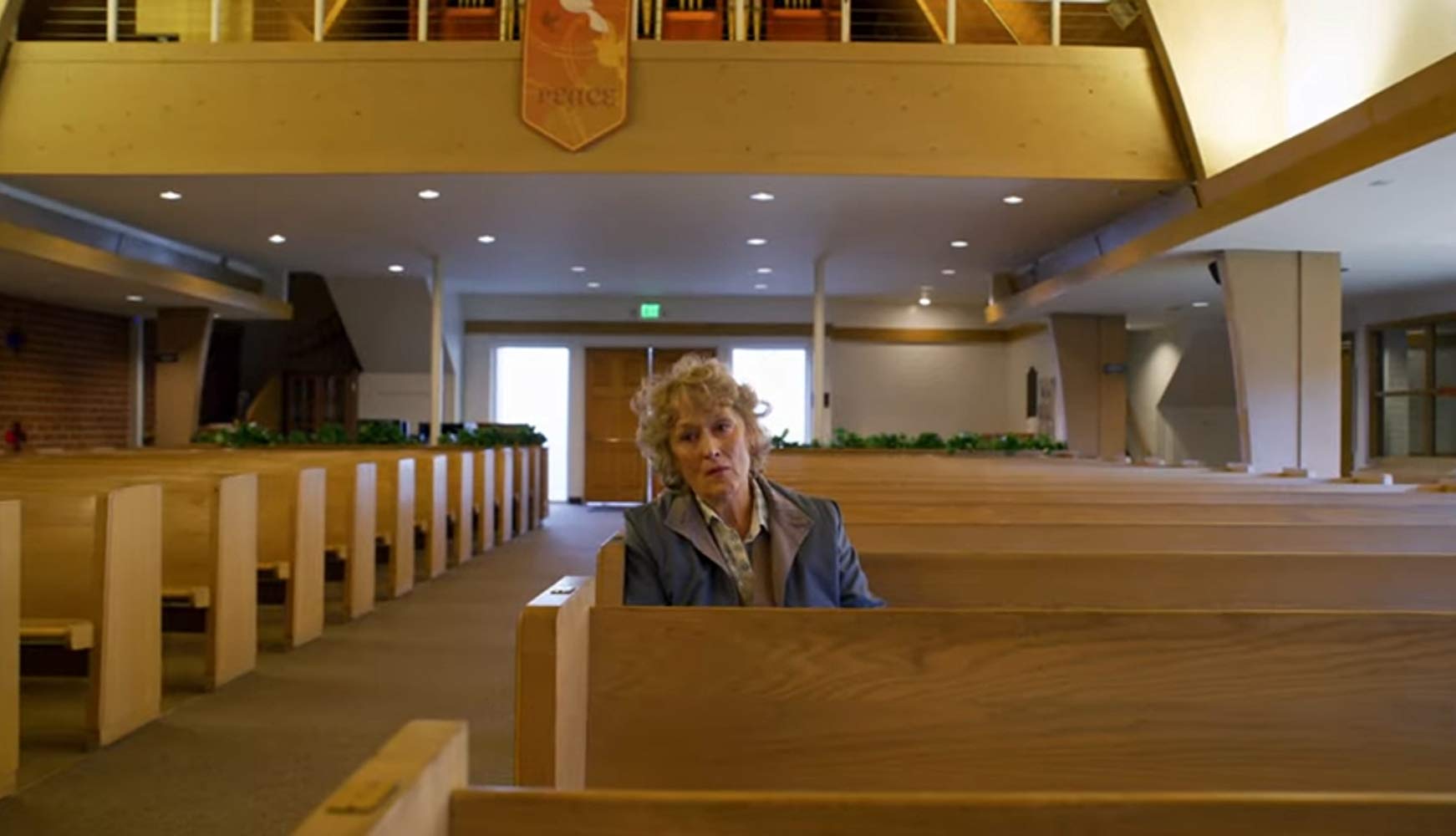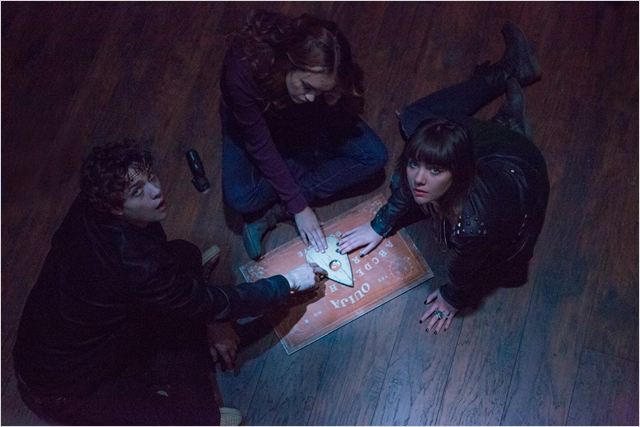What does deregulation mean to you? For some, it means unshackling, unstifling, and removing the figurative yoke off of American businesses and allowing them to do as they please. This is 100% true; that is exactly what deregulation does. You know what also is 100% true? Deregulation is a tacit agreement you, the voter, make in which businesses get to destroy, exploit, and poison you and yours and, in return, a few very, very rich men get ever so slightly richer. That’s fair, right?
As with so many GOP policies and stratagems, present day deregulation comes down to a choice between “owning the libs” and living happier, healthier, and longer. Considering how angry GOP voters seem, I think you have to ask yourselves how much you’re getting out of the former. Are a series of anonymous trolling posts worth it?
Today’s film is not necessarily about regulation, but about the ways our system has been manipulated to serve people who know how to get around rules, especially financial ones. Ellen Martin (Meryl Streep) has become an untimely widow thanks to a boating accident. She’s not alone; the accident claimed 21 seniors in all. The primary and worst part of any great Final Destination-type tragedy, of course, is the damage it does, the lives it takes, the people it harms. The Laundromat is all about the secondary violation: the people who exploited the situation for their own benefit.
Meet Jürgen Mossack (Gary Oldman) and Ramón Fonseca (Antonio Banderas), both members of the superfluous vowel appendage club. Shouldn’t the fashion-sensible American enjoy vowel accessories? Not so. We don’t go for the accent, the umlaut, or the jimmy hat in this country, no sir. Mossack and Fonseca and godawful wealthy men. What do they own? Well … nothing, it seems, but they sure dress like they own a ton of stuff. Everything these two control is in somebody else’s name. And what do those people own? Also, nothing. In fact, the “true owner” is usually a 9-5 know-nothing cubicle jockey with her name on thousands of company deeds.
And what do those companies do? The answer, again, is nothing. As I understand it – you have a businessman with a ton of money. To avoid taxes, the businessman calls himself a company (a “shell”), registers in tax-free Delaware, names some random secretary as “owner,” and hides the corporate assets somewhere in the West Indies. The money is funneled all over, but mostly controlled by the businessman and Mossack/Fonseca. However, the businessman has no tax liability, and Mossack/Fonseca technically don’t own the shell-manipulating mechanisms, so everybody who controls the money has zero liability. Fine, everybody’s happy, right?
Well, what happens when a pleasure cruise tips over, drowning a bunch of seniors, and the insurer for the cruise line is not a real company, but a shell emanating out of Panama? It takes no imagination to get to “American insurance companies suck” –as we discover with Ellen’s pathetic settlement- but what if the insurer doesn’t really exist at all? Watch Ellen fly to Nevis and Panama for satisfaction. Good luck with that, Oscar woman.
The Laundromat is a series of painful and mildly depressing vignettes about the exploited and the manipulators. The best one involves a wealthy Caribbean man (Nonso Anozie) cheating on his wife with his daughter’s college roommate. There isn’t enough cringe in the world to describe that dynamic. All of the tales are paced by the smugness of Oldman and Banderas acting as hands-on instructors in the field of Tax Manipulation 101 as if the film were little more than a do-it-yourself business opportunity. Steven Soderbergh makes the right move here in highlighting the players instead of the victims; there’s a callousness that overwhelms the morose feel of the picture otherwise. It seems like the action should focus on those suffering, but the fact that these men smirk and wink at the camera as if they’re not to blame underscores exactly where we are as a people and as a nation: in the United States of the 21st century, there seems to be no difference between “I’m technically not liable” and “I’m a piece of shit and deserve to be punished” and I feel like Americans knew that even before Trump became President.
This film operates as a poor man’s The Big Short. It’s neither as technical, nor as gripping as Short, but it goes to the same places; there was massive manipulation, only a fool argues there wasn’t, and only a tool lets the puppet masters go free when you see all the damage they’ve done. I think this is a great starter pic for anyone who has ever asked the question, “Where did my money go?”
Actress Meryl lives on the uppermost tier
With performances guaranteed to endear
While this film may be noble
This work ain’t Chernobyl
I don’t see #22 here
Rated R, 95 Minutes
Director: Steven Soderbergh
Writer: Scott Z. Burns
Genre: What sucks about our current financial system
Type of being most likely to enjoy this film: People who have already paid a steep price
Type of being least likely to enjoy this film: Anybody hiding money in an off-shore tax-free haven




